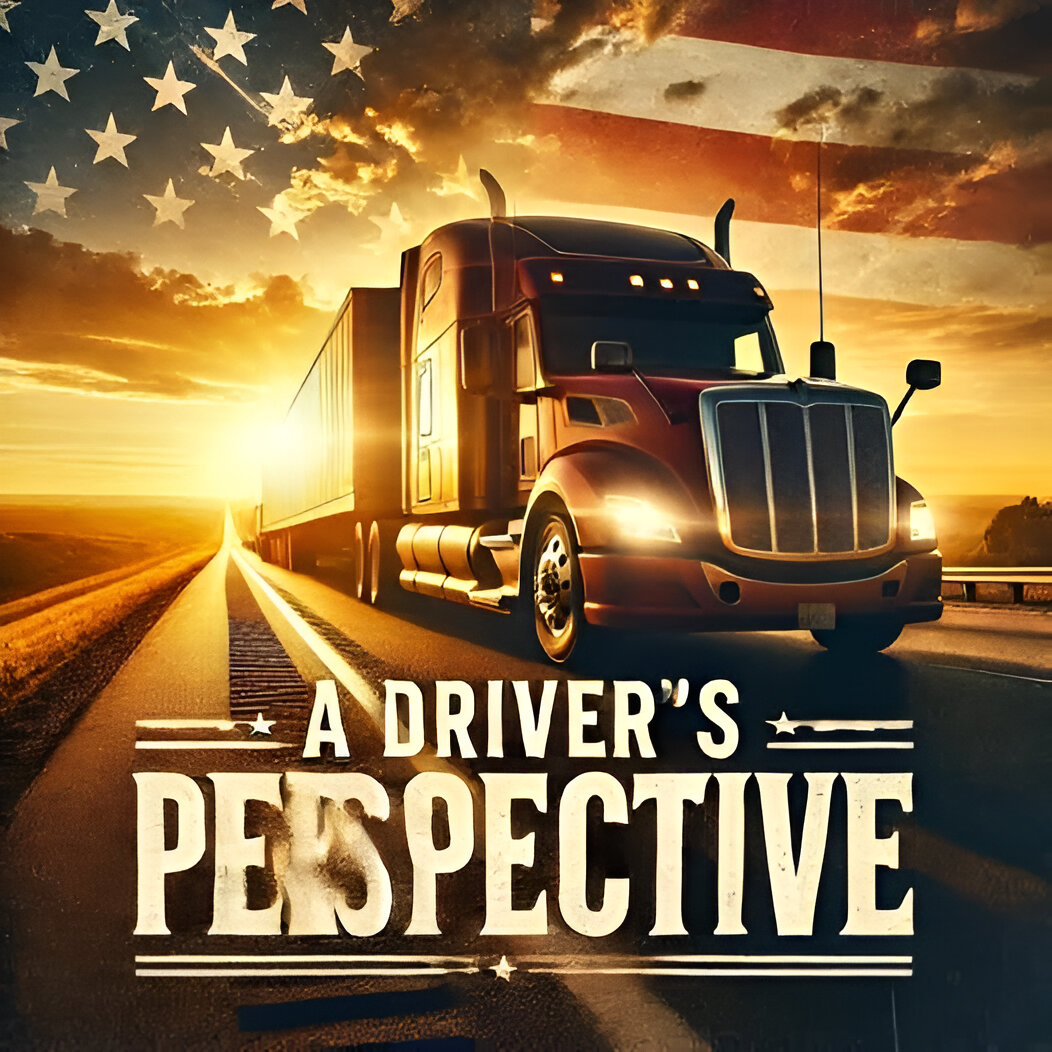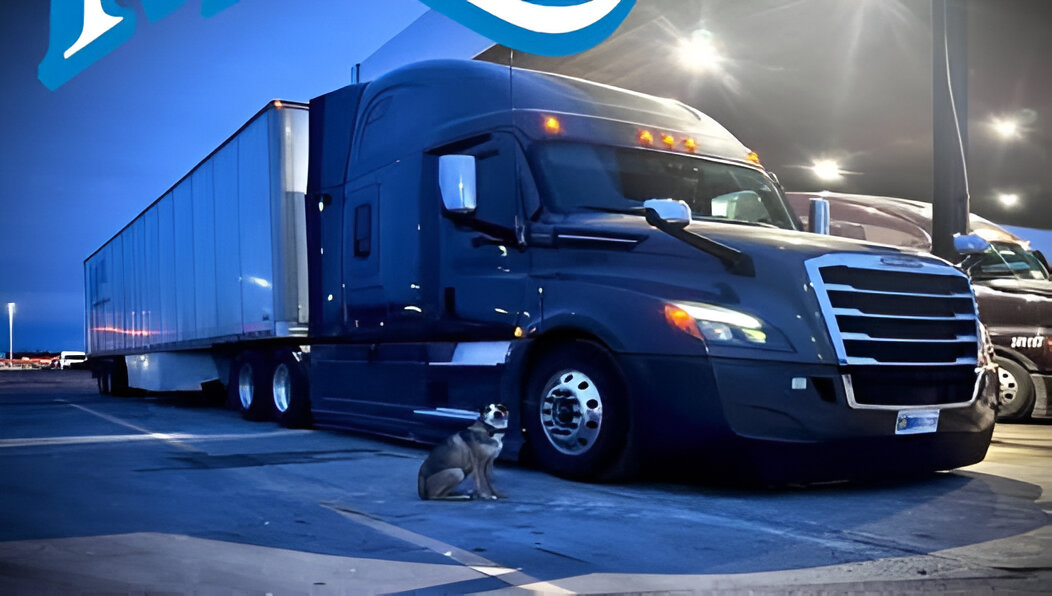
- January 11, 2025
- Will Cook
The Petition That Won’t Be Ignored
Is the FMCSA’s Future Already Decided?
The Federal Motor Carrier Safety Administration (FMCSA) is at a crossroads. With leadership transitions underway and a petition calling for transparency gaining traction, many in the trucking community are left wondering: Is the agency’s future leadership already determined? Or could this grassroots effort bring meaningful change?
The Petition That Won’t Be Ignored
Launched recently, a petition advocating for greater transparency and inclusivity in the FMCSA’s vetting process has already amassed 412 signatures as of this Saturday morning. This effort reflects the frustrations of drivers, owner-operators, and small fleet owners who feel sidelined by powerful industry associations like the American Trucking Associations (ATA).
The comments left by petition signers are telling. One supporter voiced a sentiment shared by many: “It’s time for leaders who understand life on the road—not just policies from the boardroom.” Another wrote, “We deserve leadership that listens to drivers, not just corporate lobbyists.”
But can a petition of this size truly disrupt what many see as a predetermined process?
Leadership Shifts in the FMCSA
As of now, the FMCSA is led by Deputy Administrator Vinn White, who has been at the helm since June 2024 following the departure of Robin Hutcheson. White, previously the Department of Transportation’s Acting Chief Artificial Intelligence Officer, brings a technological and policy-driven background to the role. Other key players include Executive Director and Chief Safety Officer Sue Lawless, responsible for crafting safety policies, and Brenna Marron, Associate Administrator for Governmental and External Affairs, who oversees legislative and external policy coordination.
Is a Sounding Board Enough?
There’s speculation that FMCSA may be seeking fresh faces for advisory roles or think tank-style positions, potentially as a way to placate the trucking community without giving them real decision-making power. While some see this as a step in the right direction, others argue it’s merely symbolic—a “soundboard” that allows drivers to speak but not truly be heard. As one petition commenter noted, “We don’t need another think tank. We need change where it matters—in policy and enforcement.”
What Happens When the Bar Keeps Lowering?
By focusing on identity over competence, we’re inadvertently signaling that the job is too hard for certain groups unless the system changes to suit them. This narrative is not only untrue but also unfair to the hardworking men and women who meet the industry’s demands every day without special considerations. The reality is simple: if someone—regardless of gender—cannot meet the job’s requirements, the solution isn’t to lower the bar. It’s to help them develop the necessary skills or acknowledge that trucking might not be the right fit for them.
Moreover, continually altering standards for specific groups introduces a slippery slope. First, we compromise on language proficiency. Next, we make adjustments for gender-specific concerns. What’s next? If the industry keeps bending to accommodate individual needs, we’ll soon find ourselves leaning on autonomous assistance—not because technology is better, but because we’ve stripped the job of its core values: self-reliance, competence, and resilience.
A Call for Unity and Practical Solutions
This is not an argument against inclusivity—it’s an argument for fairness and practicality. Instead of dividing the industry with identity-driven policies, we need to focus on solutions that benefit all drivers equally. For example:
- Universal Safety Improvements: Better parking and rest stop security benefit everyone, not just women. Let’s frame these improvements as what they are: necessary for all drivers.
- Strict Accountability: Harassment has no place in trucking. Policies addressing misconduct should apply universally, with clear accountability for offenders, regardless of who the victim is.
- Focus on Core Competencies: Rather than altering training standards for specific groups, let’s ensure that every driver—man or woman—is equipped with the skills and knowledge to succeed.
- Uplift, Don’t Divide: Celebrate the contributions of all drivers, emphasizing shared challenges and shared successes. This approach strengthens the industry by fostering unity rather than division.
A Stronger Industry Requires Stronger Standards
Trucking is a backbone industry, not a platform for social experiments. While inclusivity and safety are critical, the focus must remain on maintaining high standards and ensuring fairness for all drivers. If a woman can’t meet the job’s demands, she shouldn’t be on the road—just as the same applies to men. This isn’t discrimination; it’s respect for the profession.
At the end of the day, trucking isn’t about gender, identity, or accommodation. It’s about doing the job and doing it well. Let’s focus on solutions that make the industry better for everyone, not just a select few. Because when we prioritize fairness and competence, we create a stronger, safer, and more united trucking industry.
This article was inspired after reading the FMCSA report and the discussion it sparked. These are just my thoughts—A Driver’s Perspective.

LEASE PURCHASE- PROGRAMS ( TLTF? )
From A Driver’s Perspective, the question of whether lease-purchase programs in trucking help drivers achieve ownership or trap them in debt remains highly debated.
